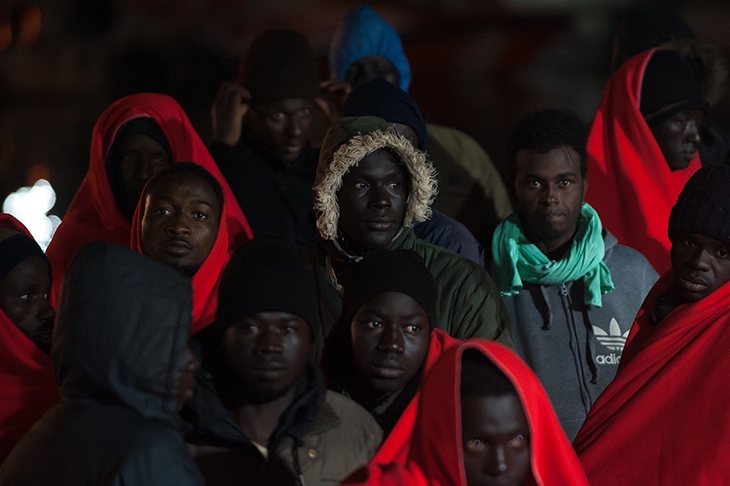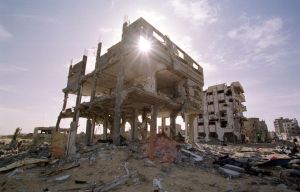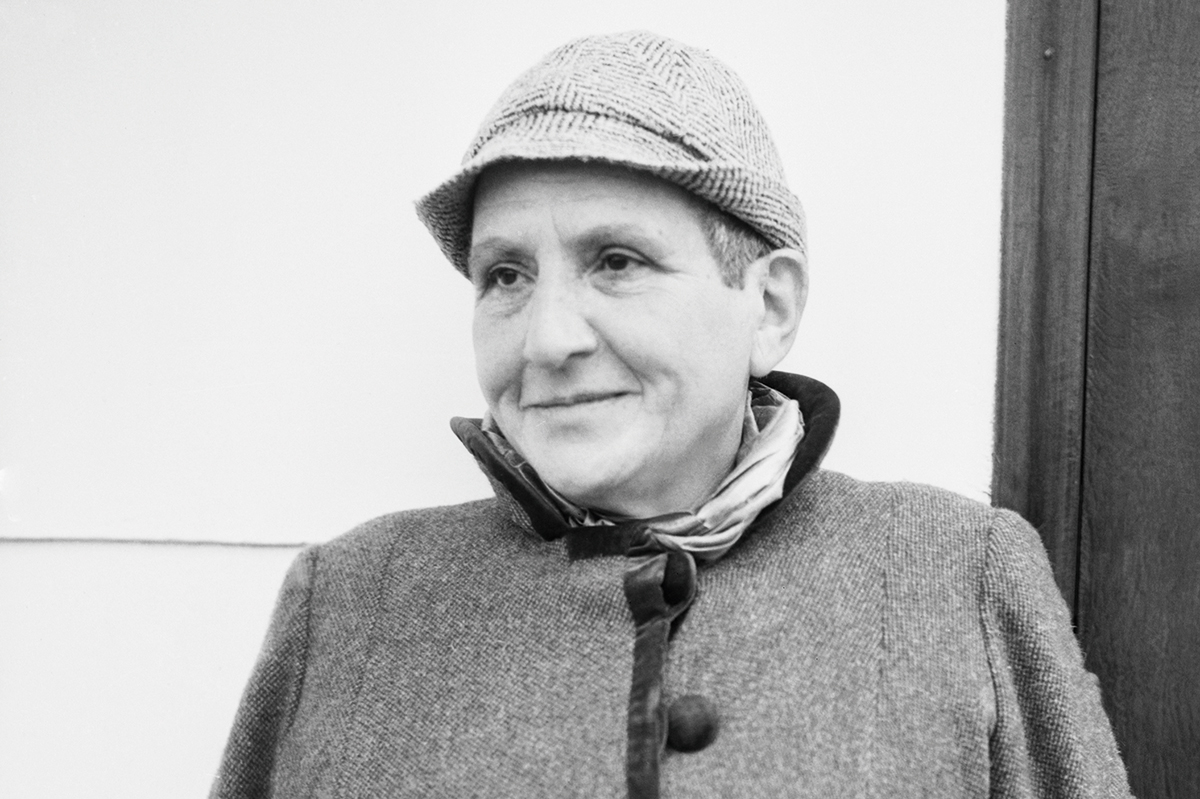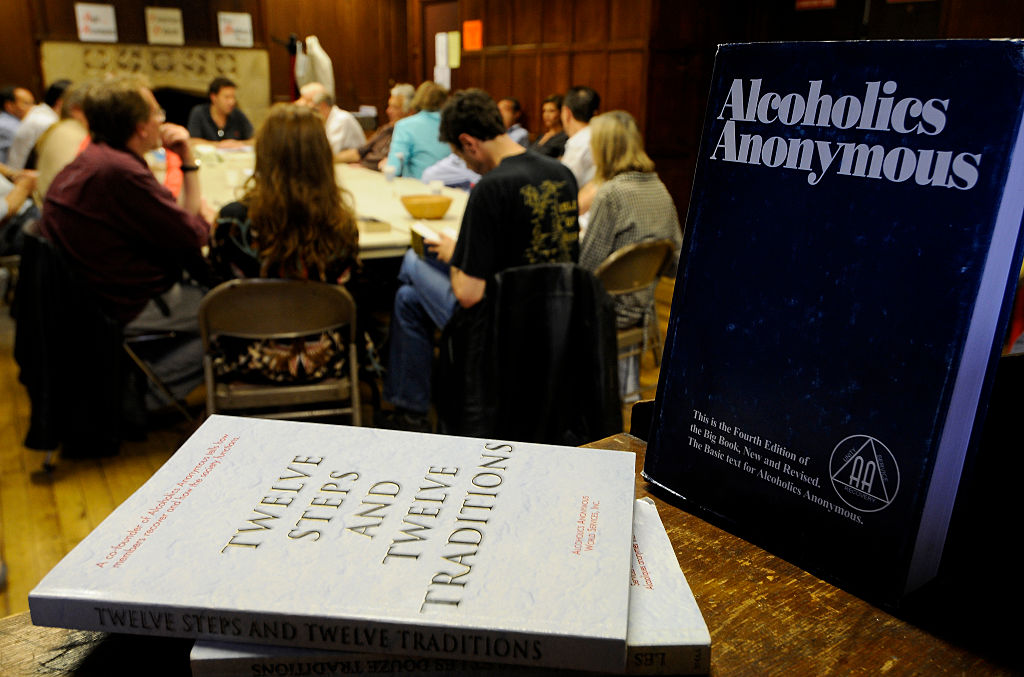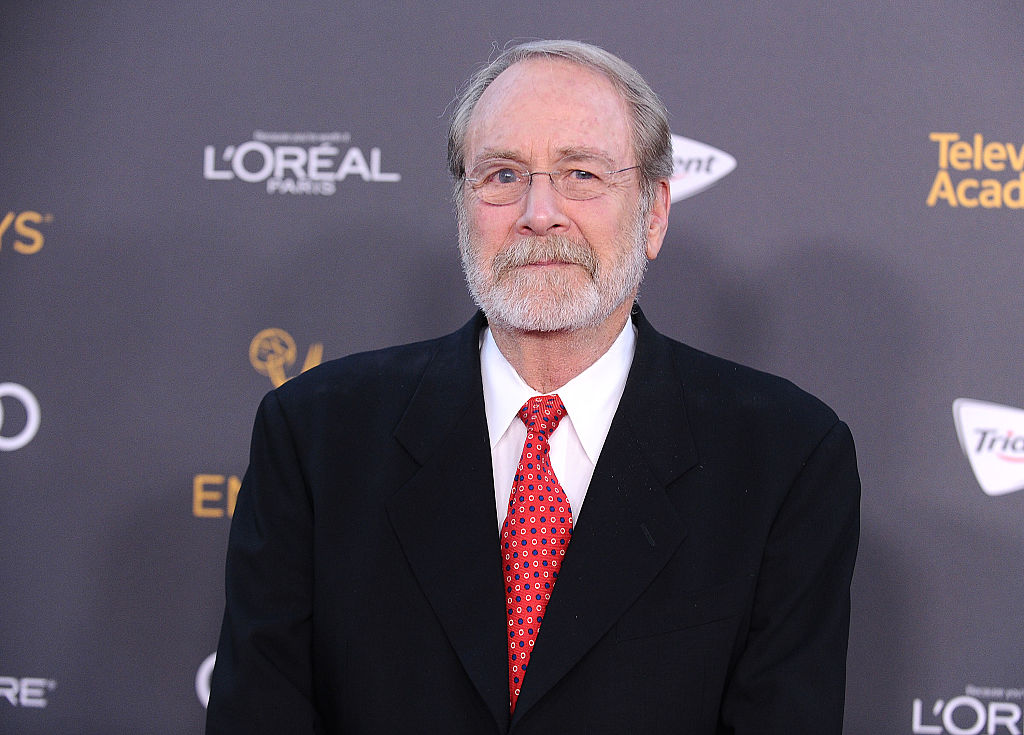The context for The Hungry and the Fat, Timur Vermes’s new satirical novel, is not as far-fetched as all that. We’re just a short distance in the future, a time when a prosperous Europe is under pressure to formulate its responses to the massive refugee camps that are swelling all over Africa. (Significantly, this setting is explicitly post-Merkel Germany, in the years following the major influx of refugees allowed under her leadership.) Enter a TV producer, who can think of no better way to handle the global crisis than to send his star-of-the-moment to visit one of the large African camps and meet some of its inhabitants. It will be the perfect culmination of the company’s hit reality series, Angel in Adversity, adored by viewers and advertisers alike. What could possibly go wrong The beautiful, elegant and vacuous Nadeche Hackenbusch shows up at the two-million-person camp, where she is welcomed as an angel. One of the refugees who has been employed to help around the camp calls her Malaika, because that’s what angels are in Swahili; she, meanwhile, calls him Lionel because … well, for reasons too involved to go into here.
Once they have met, Lionel (handsome, charismatic, seemingly mysterious) becomes one of the main drivers of the plot, as he devises a simple, if outlandish, idea to get himself and his friends away from their protracted desert hopelessness and up into Germany. But watching back home, how will Germany’s reality TV audience feel about this new development? It’s one thing to pity people suffering terribly 7,500 miles away, but quite another to want a few hundred thousand of them showing up on one’s own border.
So what is the German government to do about it? Well, let’s just say that the Overton window shifts terrifyingly fast. The dramatic climax to which this story builds asks who might be the casualties of such a confrontation and, conversely, who might do rather well out of it? And what, if anything, will people learn from the experience and the outcome?
As Vermes’s book is a work of satire, it would be unfair to tax it too harshly for its lack of interest in conveying complex characterization or actual plausibility (we get little real sense of the refugees themselves); but it’s still a shame that its targets are such easy ones. There is a greedy, mostly amoral TV producer; a self-absorbed media star; a magazine features writer obsessed with celebrity access, whose lofty regard for her own journalistic work is matched by no discernible qualities; and a young politician who is quick to compromise principle for ambition. For all its original twists, I’m not sure this is as bold as it thinks it is.
That said, The Hungry and the Fat is an immensely enjoyable read: it manages to avoid the common problem of diminishing returns (impressive for a single piece of satire spanning 560 pages), and really speeds along. Like so many of the most distasteful, grotesque spectacles, once it’s caught your eye, you find it almost impossible to look away.
This article was originally published in The Spectator’s UK magazine. Subscribe to the US edition here.



